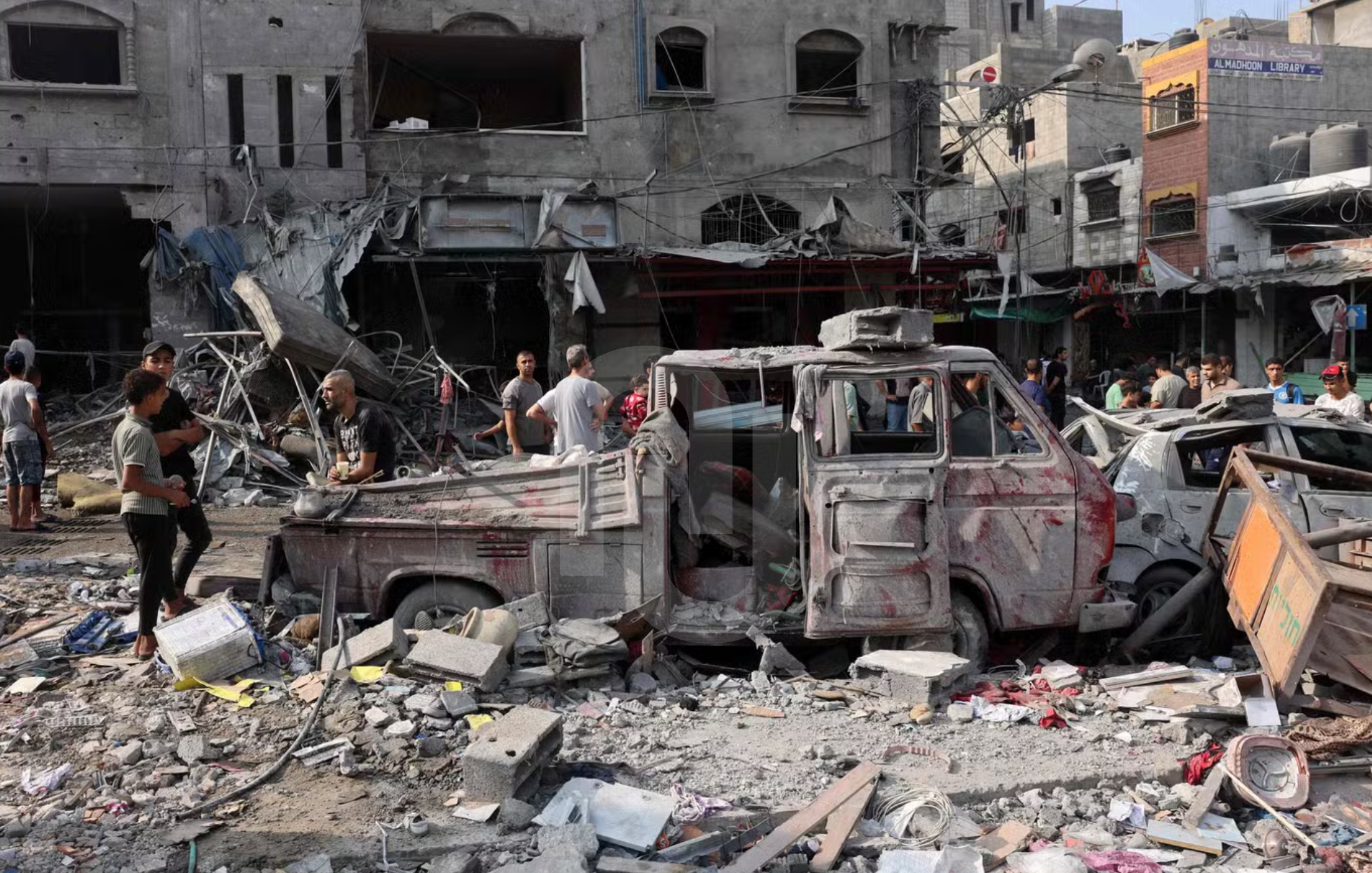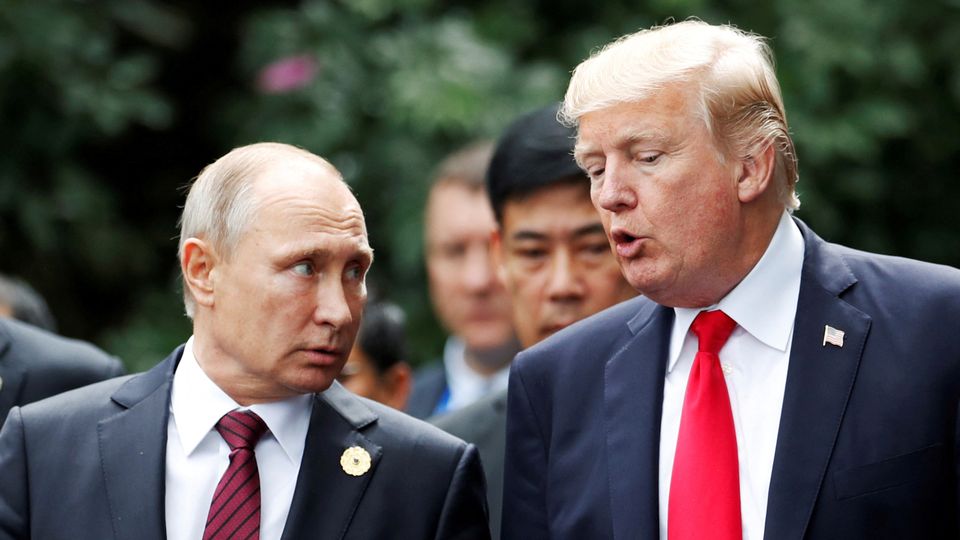French President Emmanuel Macron has condemned Israel’s resumption of airstrikes on Gaza, calling it a “dramatic step backwards.” Speaking alongside Jordan’s King Abdullah II in Paris, Macron criticized the renewed violence following the earlier ceasefire between Israel and Hamas. He stated that the bombardment plunges Palestinians back into terror while prolonging the suffering of Israeli hostages and their families. The attacks, which began Monday night, have reportedly resulted in over 400 Palestinian casualties according to Gaza’s health ministry.
Macron acknowledged Hamas as a destabilizing force, dismissing the so-called “axis of resistance” as an illusion. However, he also warned Israel that a military solution to the conflict in Gaza is unfeasible. Echoing these concerns, King Abdullah described the strikes as an extremely dangerous move that worsens an already dire humanitarian crisis. He emphasized the urgent need to restore the ceasefire and resume humanitarian aid into Gaza.
Israel’s latest offensive follows months of fragile peace that began with a ceasefire in January, after over 15 months of sustained conflict. Tensions had risen sharply since October 7, 2023, when Hamas launched a deadly attack on Israel, killing over 1,200 people. Israel responded with extensive military operations in Gaza, which have since resulted in over 49,500 deaths, predominantly civilians, according to the territory’s health ministry.
As negotiations for a long-term peace deal stalled, Israel further tightened its blockade on Gaza, cutting off humanitarian aid and electricity to pressure Hamas into concessions. However, this move has exacerbated the humanitarian crisis, drawing international criticism. France has expressed strong support for an Arab-led plan to rebuild Gaza without displacing its 2.4 million residents. Macron reaffirmed France and Europe’s commitment to contributing to this initiative, which will be discussed in an upcoming European Council meeting with the United Nations Secretary-General.
The plan, backed by France, Britain, Germany, and Italy, envisions the return of Gaza under the administration of the West Bank-based Palestinian Authority (PA). Proponents see it as a realistic path toward governance stability in Gaza, breaking away from Hamas’s control. However, both Israel and the United States have rejected the proposal. The debate intensified when former U.S. President Donald Trump controversially suggested that the U.S. should “take over” Gaza, turning it into a “Riviera of the Middle East” while relocating Palestinian residents to neighboring Egypt or Jordan.
Looking beyond the immediate crisis, Macron reiterated his support for a two-state solution, arguing that establishing a sovereign Palestinian state is the only way to ensure lasting peace. He emphasized that this must come with “necessary security guarantees for Israel.” King Abdullah echoed this sentiment, calling a political resolution based on the two-state model the only viable way to secure peace for both Palestinians and Israelis in the region.
Despite longstanding discussions around a two-state solution, Israel has deepened its territorial control over the West Bank and East Jerusalem, areas that were historically designated for a future Palestinian state. Ongoing settlement expansions have complicated efforts to reach a diplomatic resolution.
The immediate crisis remains the fate of the 58 hostages still held in Gaza, including 34 individuals whom the Israeli military has declared dead. As the conflict escalates, international pressure mounts for renewed negotiations, but the path to peace remains uncertain.




